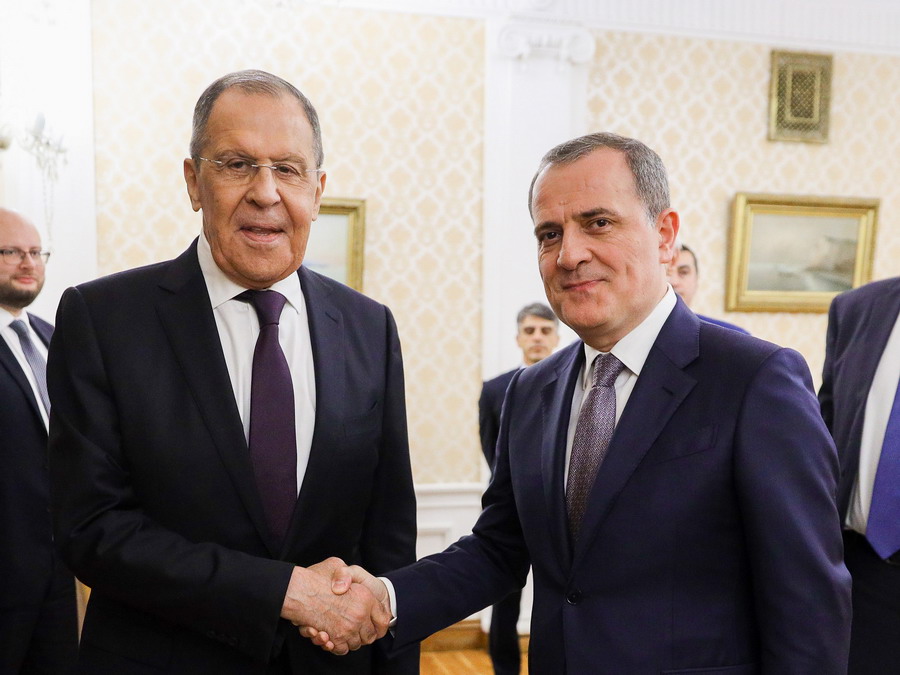Since I have some experience covering negotiations (including Armenian-Azerbaijani), I want to share some information with the readers. If X and Y negotiate at the mediation of Z, and Z is charged with making a statement about the results of those negotiations, then he includes what both parties have agreed upon. It was like that in the first half of the 90s, and I don’t think this completely logical diplomatic rule has changed in the following decades.
If, in Brussels, Aliyev proposed to provide humanitarian aid to Artsakh through Aghdam and, let’s say, Michel welcomed it, and Pashinyan was categorically against it (understanding that it is a trap), then Michel would not have mentioned that idea in his final statement. To announce, “I did not discuss this issue in Brussels,” means saying, “I was not against Aliyev’s proposal.”
The previous day, the tripartite meeting of foreign ministers ended in Moscow, and the mediator, in this case, Russia, announced the results again. Let’s see what the Ministry of Foreign Affairs of the Russian Federation declares in its text called “commentary.” First of all, “the Armenian side has the understanding” (“есть понимание”) that it is necessary to convince the Armenians of Nagorno-Karabakh to meet with the representatives of Azerbaijan as soon as possible. What should Armenians of Nagorno-Karabakh and representatives of Azerbaijan discuss?
They must “harmonize the rights” from Azerbaijan’s legislation and international obligations, including “many international conventions protecting the rights of national minorities.” How many pennies are these conventions worth, and how many times in the 20-21st centuries was there slaughter in the countries that signed those conventions? Does Ararat Mirzoyan not know what is hidden under this wording of the RF Ministry’s comment? It is excluded he does not know. So who will answer if a massacre takes place in Artsakh?
Read also
But that’s still not enough. According to the same “interpretation,” the Azerbaijani side is ready to provide guarantees on a “reciprocal basis” to persons living “on its territory.” And “Armenians are ready to apply all conventions to the citizens who live in the Republic of Armenia.”
Can you guess who we are talking about? You don’t need to be a very insightful analyst to understand that we are talking about the “return” of Azerbaijanis to the territory of Armenia. And this is also well known to the Foreign Minister of Armenia. Or was the “comment” of the Foreign Ministry of the Russian Federation not agreed with him?
Aram ABRAHAMYAN





















































